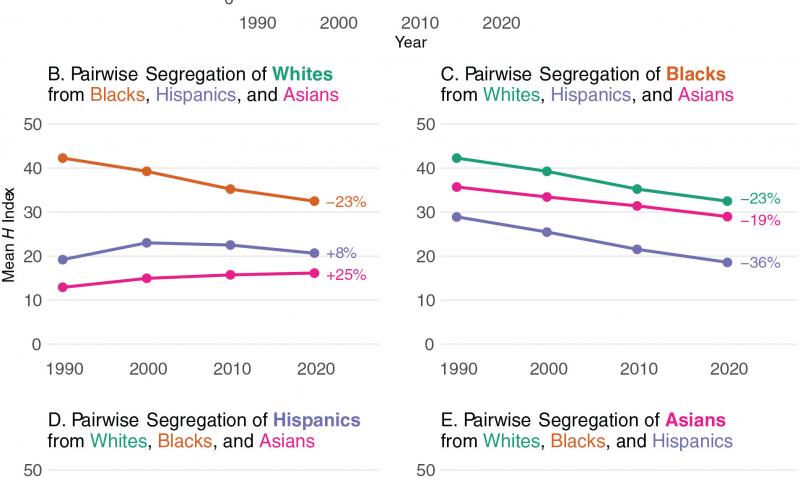
Facebook data reveals that number of migrants in UK has been underestimated
Studying Facebook has helped to reveal that the number of European migrants in the UK has been underestimated by as much as 25%, according to a paper published today by LCDS researcher Francesco Rampazzo in the journal Demography, together with Jakub Bijak, Agnese Vitali, Ingmar Weber and Emilio Zagheni.
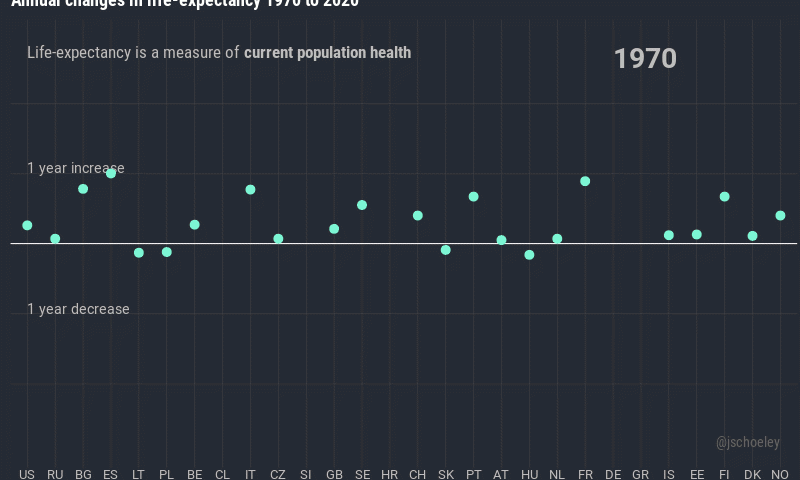
COVID-19 has caused the biggest decrease in life expectancy since World War II - new LCDS study
The COVID-19 pandemic triggered life expectancy losses not seen since World War II in Western Europe and exceeded those observed around the dissolution of the Eastern Bloc in central and Eastern European countries, according to research published today in the International Journal of Epidemiology, led by scientists at Oxford’s Leverhulme Centre for Demographic Science.
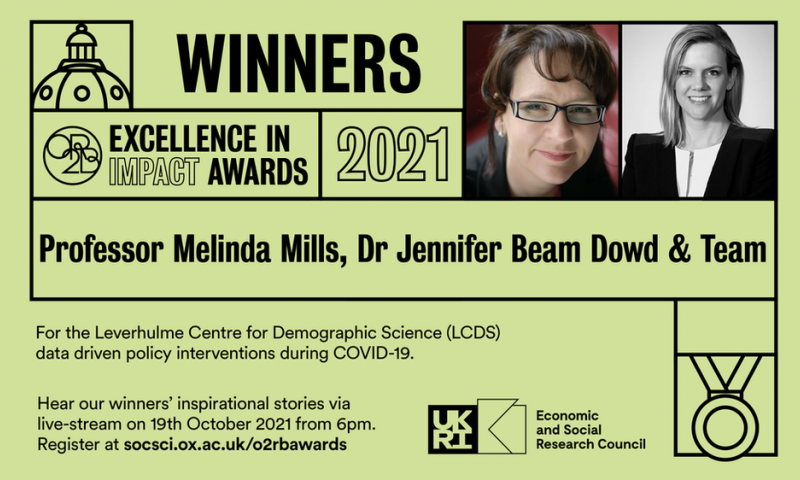
LCDS wins Impact Prize for data driven policy interventions during COVID-19
Since the outbreak of the COVID-19 pandemic, the Leverhulme Centre for Demographic Science, led by Professor Melinda Mills, has been at the forefront of COVID-19-related research into patterns of COVID-19 mortality and excess mortality, ‘hotspots’ of infection, support bubbles, face coverings, and the deployment of vaccines – influencing both national and international policy.
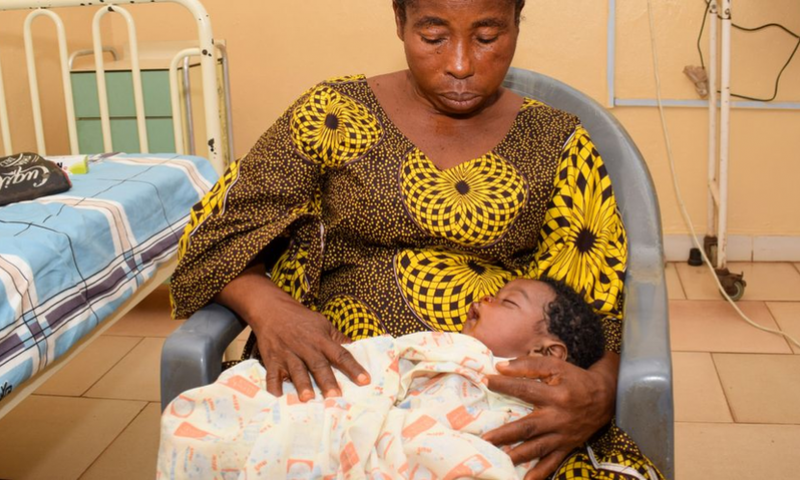
Education and urbanisation boost women's control over health in sub-Saharan Africa
Women’s ability to make decisions about their own health increased in most sub-Saharan African (SSA) countries in the early years of the 21st century, but the picture varied greatly across the region, according to new research published in the journal Demography from LCDS researchers Liliana Andriano and Christiaan Monden, together with Julia Behrman, published today.
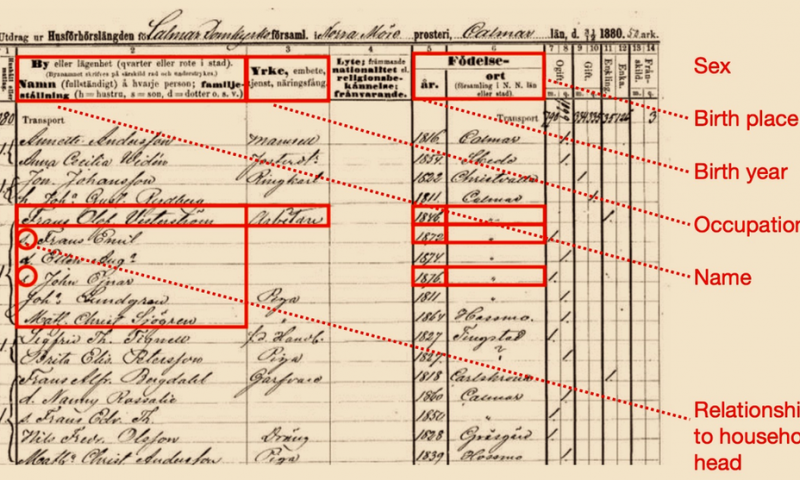
LCDS seminar on how historical Big Data provide new insights
What can we learn by marshaling new data and approaches to study the past? That was the question in a successful webinar series launched by LCDS in the past year, the Nuffield Historical Social Mobility Seminar, organised by researcher Per Engzell.



